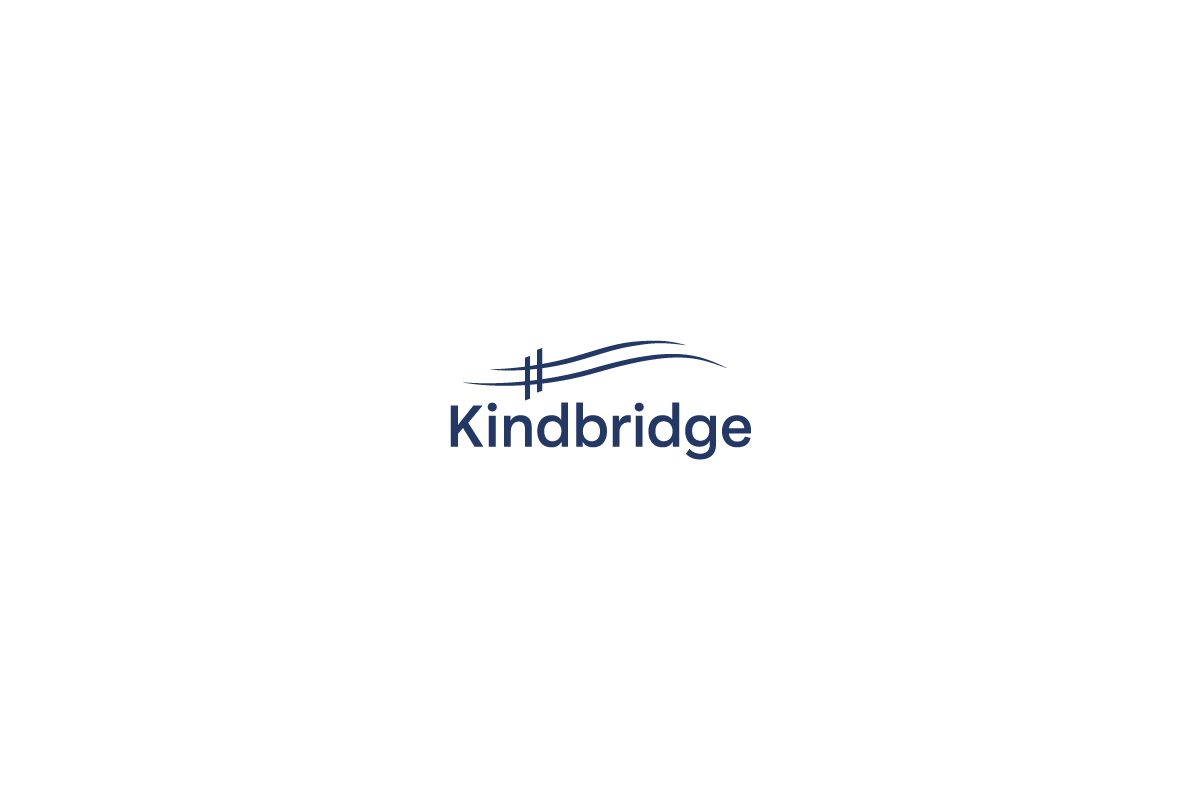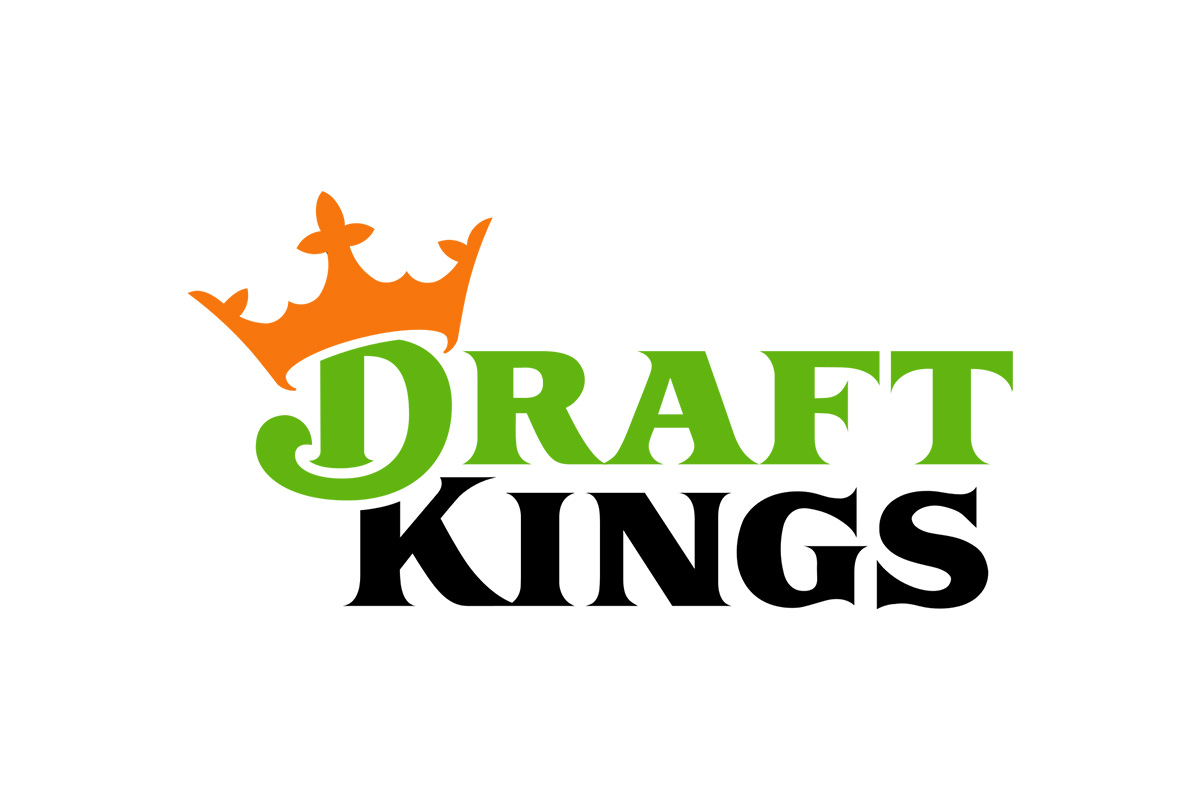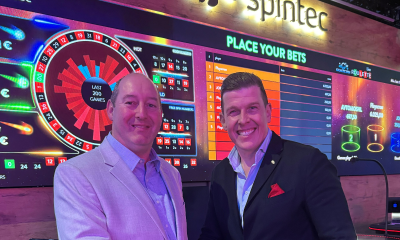Bowling Green State University
New study shows potentially alarming link between military service and gambling disorder

- Research carried out by University of Nevada, Las Vegas (UNLV) and Bowling Green State University reveals rate of problem gambling among active duty military was 3.5 times higher than among civilians
- Rate of problem gambling among active duty military was 68.6% compared with 18.7% among civilians
- Of the 102 active duty personnel who completed the survey, 70 screened positive for problem gambling
At yesterday’s International Center for Responsible Gaming (ICRG) Conference on Gambling and Addiction in Las Vegas, Shane W Kraus, Ph.D., Department of Psychology, UNLV, and Joshua Grubbs, Ph.D., Bowling Green State University, revealed a potentially huge and alarming discrepancy between problem gambling amongst the military community compared with civilians.
With research scarce in this field, Dr. Kraus’ research was funded by behavioral health expert Kindbridge Research Institute (KRI) to analyze data from a large, sample of military personnel, representing one of the first longitudinal studies of gambling in this group.
The study of 3,050 US civilians, veterans and active duty military showed the rate of problem gambling among active duty military (68.6%) was 3.5 times higher than among civilians (18.7%). While the sample of 102 active duty service members who completed the survey was relatively small, 70 of them screened positive for problem gambling.
Following his presentation on Monday, Dr. Kraus, said: “Our findings suggest that more comprehensive research is needed to fully understand how widespread the issue of problem gambling is among active duty personnel. Current trends in the data suggest there could potentially be many service members with unmet treatment needs for problem gambling.”
KRI is leading the drive for greater awareness, research and treatment for US veterans suffering from gambling disorder via its Military Research Associate Program (MRAP), which assists veterans transitioning from military service to advanced training in mental health treatment and research, and its 50x4Vets project, whose goal is to increase the rate of research on treatment for veterans with gambling disorder by 50-times in the next four years.
This research was supported by donations to KRI from DraftKings and Playtech. The data was collected as part of funding awarded to Drs. Joshua Grubbs and Shane Kraus for their work on sports betting from the ICRG.
Commenting on Dr. Kraus’ findings, Nathan D.L. Smith, PhD, Executive Director of Kindbridge Research Institute, said: “This really is a ‘canary in a coal mine’ moment. Because of the sampling method and small sample size, the rate of problem gambling in this sample cannot be generalized to the wider active duty military community. However, the significant rate of gambling problems in active duty military is a major red flag and larger, more representative studies of active duty military are now vital to determine what the true rate of gambling disorder is in this population.”
The US Department of Defense (DoD) operate over 3,000 slot machines on overseas bases that produce over $100 million dollars of revenue each year. A recent review of the responsible gambling policies mandated by states and the DoD by KRI placed the DoD worst out of the 36 jurisdictions with legal slot machine gambling.
Dr. Smith said: “Our review concluded that the DoD requires only one of the ten responsible gambling policies recommended by the American Gaming Association, while the average number of responsible gambling policies required in the other 35 states was just over seven.”
Another major issue facing military personnel suffering from gambling disorder is seemingly a discouragement from seeking help.
Dr Smith added: “Active duty military seek help for problem gambling at significantly lower rates than the civilian population. The reasons for this are likely complex, but a major factor may be that active duty military can face consequences in their career, including discharge, if they report a gambling problem to military medical staff.
“People with untreated gambling problems can get caught in a destructive cycle of negative feelings and gambling to escape those feelings, which leads to more negative emotions. In a situation where treatment is not available, these harmful spirals can cause significant damage to a person’s home life, career, mental health, and finances.
“In severe cases, a person in a negative spiral can exhibit suicidal behavior. In fact, in one study, 40% of US veterans receiving treatment for gambling problems reported a suicide attempt.”
Powered by WPeMatico
Bowling Green State University
DraftKings-Backed International Center for Responsible Gaming Fund to Support Research on Sports Betting Awards Grant to Bowling Green State University

DraftKings Inc. (Nasdaq: DKNG) today announced that the International Center for Responsible Gaming (ICRG) has awarded its three-year research grant for the Fund to Support Research on Sports Wagering (the Fund) to researchers at Bowling Green State University in Ohio. DraftKings’ financial contribution allowed the ICRG to proceed with a competitive request for applications from researchers around the world interested in pursuing groundbreaking research on problem gaming. With this funding, the researchers will be able to study problem gaming prevalence as well as risk specific to sports betting on a national scale.
“A key pillar of our commitment to responsible gaming at DraftKings is our support for advancing research in this area,” said Christine Thurmond, Director of Responsible Gaming, DraftKings. “We were honored to support the ICRG with launching the Fund earlier this year to provide researchers at the top of their field an opportunity to compete for funding to advance responsible gaming knowledge. I want to congratulate the ICRG and Bowling Green State University on this milestone.”
A first-of-its-kind fund in the United States, the ICRG created the Fund to focus on responsible gaming in sports betting, with the goal of developing peer-reviewed, scientifically based research that contributes meaningfully to the understanding and application of responsible gaming in the industry. Beginning this year, the ICRG accepted applications filed by researchers at U.S.-based or international public, private or non-profit organizations interested in exploring responsible gaming topics for a three-year period. After concluding a peer review, the ICRG Independent Scientific Advisory Board selected Bowling Green State University as the final award recipient.
“This research project seeks to study the rapidly changing face of sports betting in the United States, with a focus on understanding what factors might lead some people to develop problematic play, whereas other people are able to wager without problems,” said Principal Investigator Joshua Grubbs. “Our hope is that this work can better inform efforts to promote responsible play and prevent the potential harms that problem gaming can cause.”
The study aims to:
- Establish the prevalence of sports betting behaviors in the adult population in the United States
- Identify risk factors for problematic sports betting behaviors
- Explore how technology influences sports betting
- Establish the natural trajectories of sports betting behaviors over time
A leader in digital sports entertainment and gaming, DraftKings is committed to creating inclusive and responsible pathways for people to build, create, imagine, and innovate through the DraftKings S.E.R.V.E.S. corporate social responsibility program, standing for Service, Equity, Responsible Gaming, Vitality, Entrepreneurship, and Sports. DraftKings’ responsible gaming focus is to protect consumers through game-changing technology, staff training, resources for consumers, and through the support of evidence-based research, including with world-class organizations like the ICRG and the Harvard Medical School affiliated Cambridge Health Alliance. DraftKings, a platinum member of the National Council on Problem Gambling, tailors its products to provide customers with a robust set of responsible gaming tools they need to play responsibly, including limit setting, cooling-off periods, and self-exclusion. The company has expanded responsible gaming education and marketing to a broad range of customer touchpoints including email, social media, its retail sportsbooks, and across in-stadium assets in collaboration with the American Gaming Association’s public service campaign Have A Game Plan.® Bet Responsibly
To learn more about DraftKings’ commitment to responsible gaming, please visit the company’s Responsible Gaming page. For more information on the ICRG’s research and education programs, go to www.icrg.org.
Powered by WPeMatico
-

 Amusnet6 days ago
Amusnet6 days agoWeek 7/2026 slot games releases
-

 Aphrodite’s Kiss6 days ago
Aphrodite’s Kiss6 days agoLove on the Reels: Slotland Introduces “Aphrodite’s Kiss”
-

 Brino Games6 days ago
Brino Games6 days agoQTech Games integrates more creative content from Brino Games
-

 Denmark7 days ago
Denmark7 days agoRoyalCasino Partners with ScatterKings for Company’s Danish Launch
-

 Baltics7 days ago
Baltics7 days agoEstonia to Reinstate 5.5% Online Gambling Tax From March 1
-

 Booming Games7 days ago
Booming Games7 days agoTreasure Hunt Revival — Booming Games Launches Gold Gold Gold Hold and Win
-

 Bet Rite7 days ago
Bet Rite7 days agoSpintec Expands into Canada with Bet Rite
-

 ELA Games7 days ago
ELA Games7 days agoELA Games Unveils Tea Party of Fortune — A Magical Multiplier Experience



















